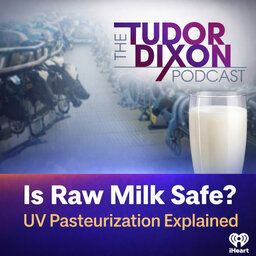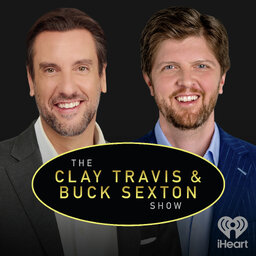The Tudor Dixon Podcast: Recovery is Possible: Stories of Hope and Healing
In this episode, Tudor discusses addiction with Pat Roos, who lost her son to a drug overdose, and Christina Dent, a foster mom of a baby with a drug-addicted mother. They emphasize that addiction can happen to anyone, regardless of their background or values. They advocate for a shift in the approach to addiction, focusing on harm reduction and medication-assisted treatment. They also highlight the need for better access to treatment programs and resources, as well as the importance of supporting families affected by addiction. Recovery is possible, and it requires a compassionate and comprehensive approach. The Tudor Dixon Podcast is part of the Clay Travis & Buck Sexton Podcast Network. For more visit TudorDixonPodcast.com
In 2 playlist(s)
The Tudor Dixon Podcast
Join me on The Tudor Dixon Podcast, part of the Clay Travis & Buck Sexton Podcast Network. We are go…Social links
Follow podcast
Recent clips

The Tudor Dixon Podcast: Is Raw Milk Safe? UV Pasteurization Explained
30:33

The Tudor Dixon Podcast: Rep. Kat Cammack on ‘Woman in Red’ SOTU Moment
22:46

The Tudor Dixon Podcast: AOC, Newsom & Hillary’s Biggest Political Meltdowns
38:08
 The Tudor Dixon Podcast
The Tudor Dixon Podcast
